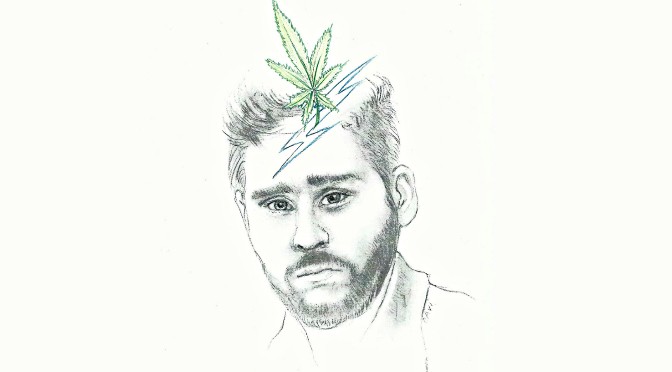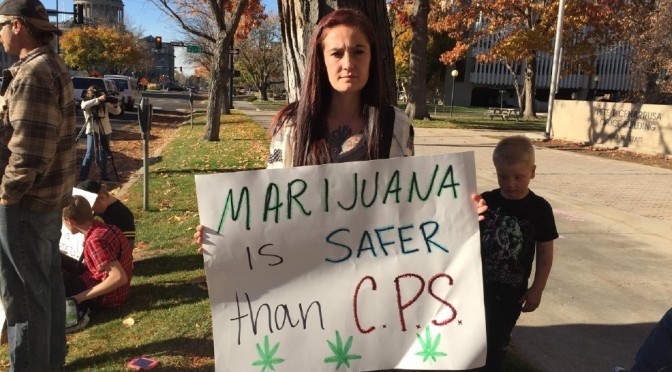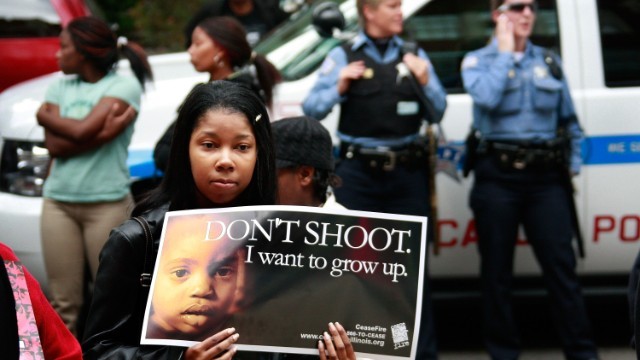I had my marijuana card for 10 years and was a daily smoker/dabber/edible eater/etc etc etc. I’m ashamed to admit that I was very much a part of the cannabis scene, what a complete and utter waste of time.
With that said, the best decision I ever made in my life was ripping my California “medical” marijuana doctor’s recommendation to shreds and making the decision to never touch that garbage again.
In my early 20s, I was really struggling with mental health issues that were impacting my ability to perform my duties at work. A close friend suggested I try medicinal marijuana so I went to get a doctor’s recommendation. The doctor, after a 5-minute visual and verbal examination, cheerfully told me to use marijuana, that it would help with PTSD and anxiety and I would feel like myself again.
From the outset, I became a different person, my usage of marijuana progressively stole a decade of my life from me, withdrew me from society and I developed a debilitating social anxiety and all of the other symptoms that are mentioned on this website.
I watch day after day as marijuana proponents try to pass off junk science and yellow journalism as facts to justify their chemical dependence and it saddens me as much as it annoys me. The DEA was dead right when they said marijuana has little medical value and a high potential for abuse. Dead right. Recreational pot is a mistake. If future research begins to show clear and concise medical value then it should be dispensed through a pharmacy with careful, specific dosage instructions, not the free-for-all pass that I was given when I got my medical marijuana card.
I can truly say that I feel more alive and healthier with each passing day now that the painful side effects of marijuana are no longer holding me captive. It is a blessing to talk to people who are caught in the grips of the marijuana trap and support them in finding freedom from it.
Today’s marijuana is incredibly potent and people need to start acknowledging the risks and potential dangers associated with heavy use.
By: Darren E.
Editors Note: Do you have a story to tell? Contact [email protected]. Your identity will be protected upon your request.




